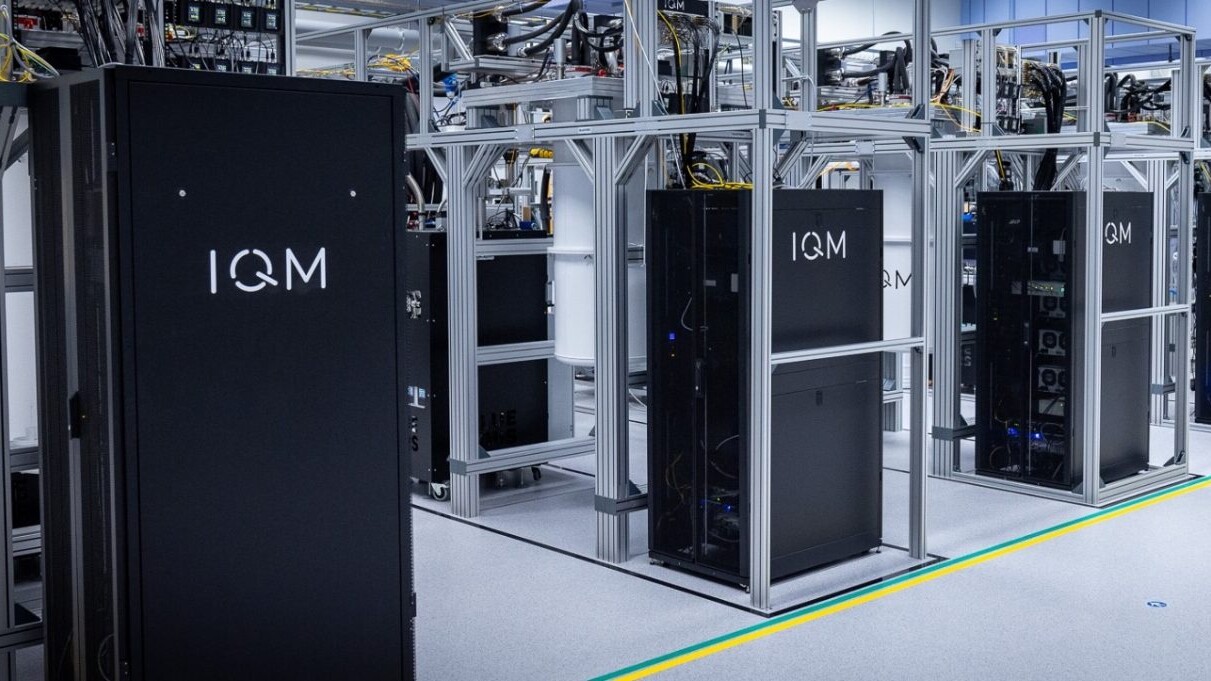
Oftentimes, even in the tech world, people equate the term quantum computing to something almost mysterious. But as much as concepts of quantum mechanics such as superposition and entanglement may seem akin to magic, they still happen (in the context of quantum computing) on pieces of hardware.
While research breakthroughs will be crucial in scaling quantum computing as a technology, ramping up hardware production capacity will become increasingly important to keep up with rising global demand.
IQM, founded in 2018, established its first quantum computer production facility just outside of Helsinki in 2021. Today, the company announced that it has reached the milestone of having built 30 full-stack quantum computers at the site — which beyond the assembly line also houses Europe’s only private quantum chip factory.
The facility, which spreads over 5,000 square metres, now has a production capacity of up to 20 full-stack quantum computers per year. This level of output has the potential to reduce the overall cost of on-premise (as opposed to cloud-based) quantum computing going forward.
“One of the key bottlenecks in quantum computer adoption has been prohibitively high prices,” said IQM co-CEO Mikko Välimäki. “We are the first quantum computer manufacturer with the goal of taking quantum computers to a much wider market with industrialised manufacturing capabilities that help drive the prices lower.”
European expansion of quantum hardware production
In a few years time, the output will be augmented by the startup’s first industrial production unit outside of Finland. Announced in May this year, IQM’s facility in Grenoble, France, is set to come online in 2027. The company has yet to confirm the exact planned production capacity.
IQM makes superconducting quantum computers. This means that they use superconducting circuits to create and manipulate qubits on quantum chips. These can only function at temperatures near absolute zero.
The “golden chandelier” structure often synonymous with quantum computers in the public imagination is actually the cryogenics system needed to reach such low temperatures. Meanwhile, the actual quantum processor, or quantum processing unit (QPU), sits at the very bottom of the chandelier.
Thus far, IQM has delivered six full-stack on-premise quantum computers to customers around the world. Earlier this year, Amazon Braket, the tech giant’s quantum cloud service, announced it had chosen the 20-qubit IQM Garnet for its Europe (Stockholm) region.
Get the TNW newsletter
Get the most important tech news in your inbox each week.




